UN expert urges continued peace efforts as Thai-Cambodian ceasefire strains
UN Special Rapporteur Vitit Muntarbhorn has called for peace and human rights adherence amid rising tensions between Thailand and Cambodia following a landmine incident and Thailand's suspension of the July 2025 ceasefire.

- UN Special Rapporteur Vitit Muntarbhorn supports peace and humanitarian measures between Cambodia and Thailand.
- Thailand has suspended its participation in the July 2025 ceasefire after a landmine injured two soldiers.
- Both sides have traded accusations amid calls for more comprehensive peace solutions.
The United Nations Special Rapporteur on the situation of human rights in Cambodia, Vitit Muntarbhorn, has voiced strong support for peace and confidence-building measures between Cambodia and Thailand, despite escalating tensions following a recent landmine explosion.
Speaking from Geneva on 24 November 2025, Muntarbhorn praised the ceasefire agreement signed in July and a subsequent joint declaration in October. He emphasised the importance of implementing these agreements fully and in accordance with international humanitarian law.
“Any confidence-building measures that help build bridges between nations deserve our support,” Muntarbhorn said. “Civilians affected by the situation at the border should be assisted according to human rights standards.”
The ceasefire, brokered with support from Malaysia and the United States, aimed to end five days of violent clashes in July 2025 that left at least 43 people dead and displaced over 300,000 civilians near the Thai-Cambodian border.
However, tensions have reignited following a landmine explosion on 10 November in Thailand’s Sisaket province, which injured two Thai soldiers. The Thai government responded by suspending its involvement in the truce, citing national security concerns.
Thai Prime Minister Anutin Charnvirakul announced the suspension, stating, “The hostility towards our national security has not decreased as we thought it would.” He did not provide details on Thailand’s specific demands.
Thailand’s Defence Minister, Natthaphon Narkphanit, said investigations are underway to determine if the mine was recently planted. The Thai military has accused Cambodia of violating the ceasefire by laying new mines, an allegation Cambodia strongly denies.
The ceasefire agreement required both nations to clear landmines and remove heavy weapons from the disputed border area. It also included a provision for Thailand to release 18 Cambodian soldiers, which has now been postponed by Thai authorities.
In response, Cambodian officials reiterated their commitment to the truce and urged Thailand to proceed with the soldiers' release.
Muntarbhorn highlighted the need to counter misinformation and disinformation as part of broader peace efforts. He also noted that the presence of the Office of the High Commissioner for Human Rights and other agencies could provide valuable support in implementing humanitarian and peace measures.
In October, Cambodia and Thailand reaffirmed their commitments through a Joint Declaration in Kuala Lumpur. The agreement included provisions related to the protection of civilians and prisoners of war under international humanitarian law.
Despite the ongoing tensions, Muntarbhorn reiterated the significance of pursuing long-term peace and human rights protections in Cambodia and the region. He also reaffirmed his readiness to offer assistance where needed.
Analysts argue that while the ceasefire has held in general since 29 July, underlying issues remain unresolved. The century-long territorial dispute, often centred around the Preah Vihear temple region and surrounding areas, continues to provoke friction.
Commentators have noted that the United States' involvement—particularly threats of tariffs from President Donald Trump—pushed both sides towards a temporary agreement in July. However, critics have cautioned that such diplomacy often results in short-lived truces without addressing root causes.

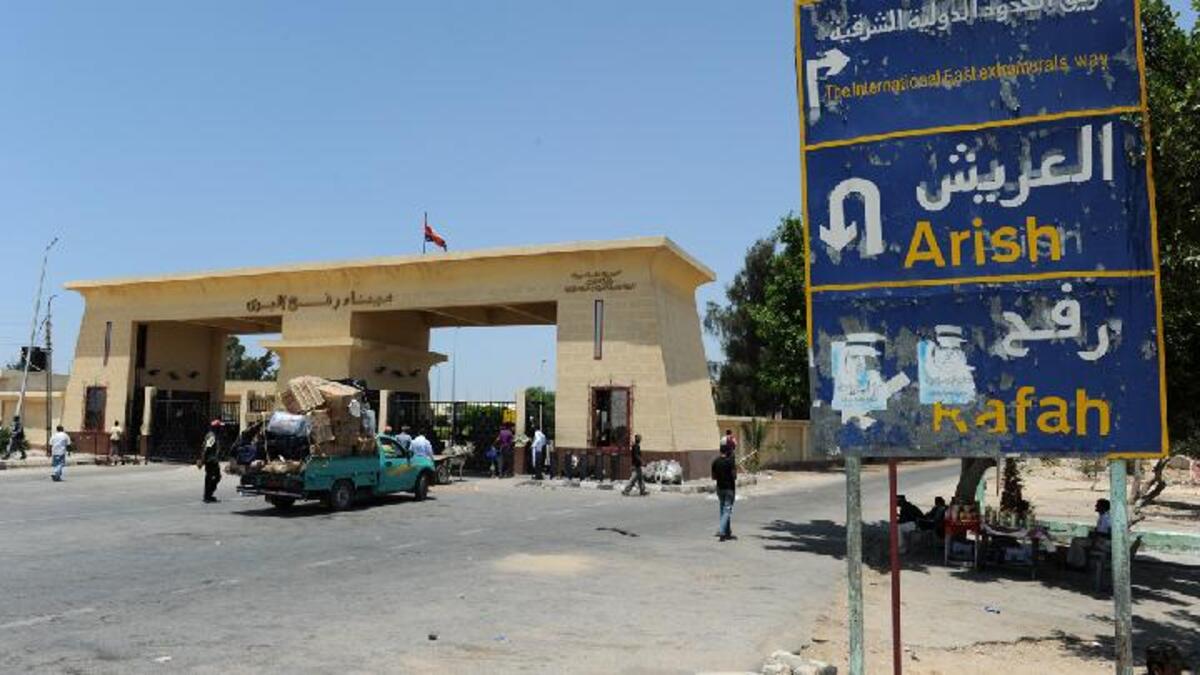
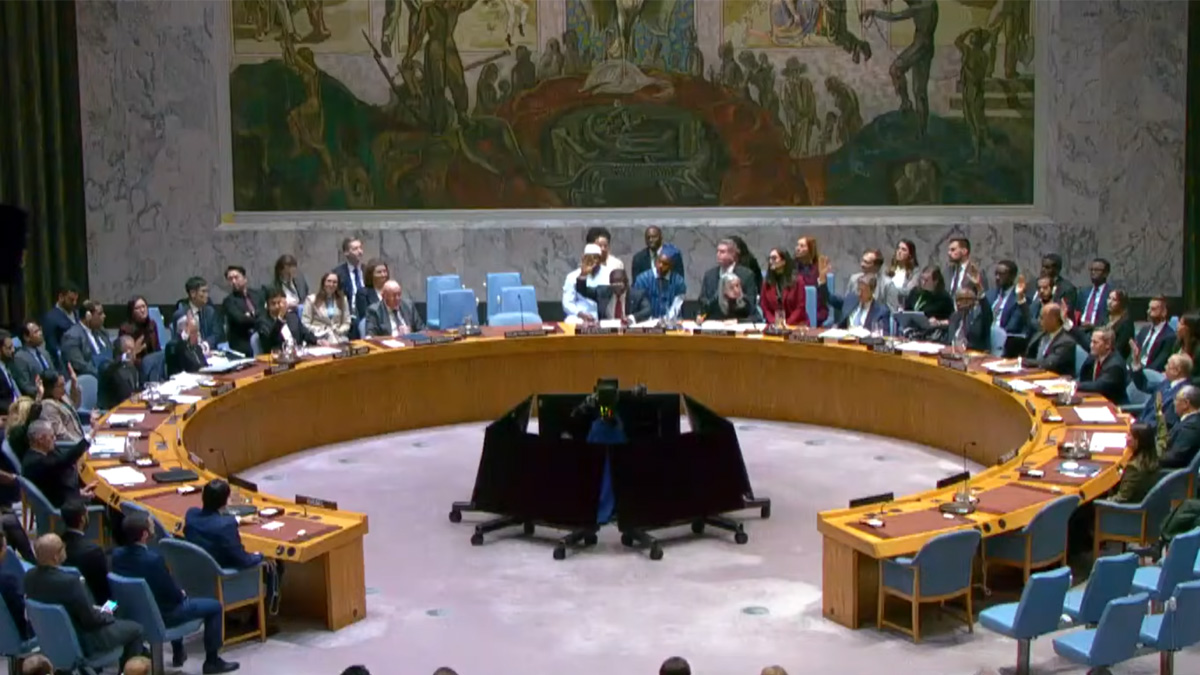
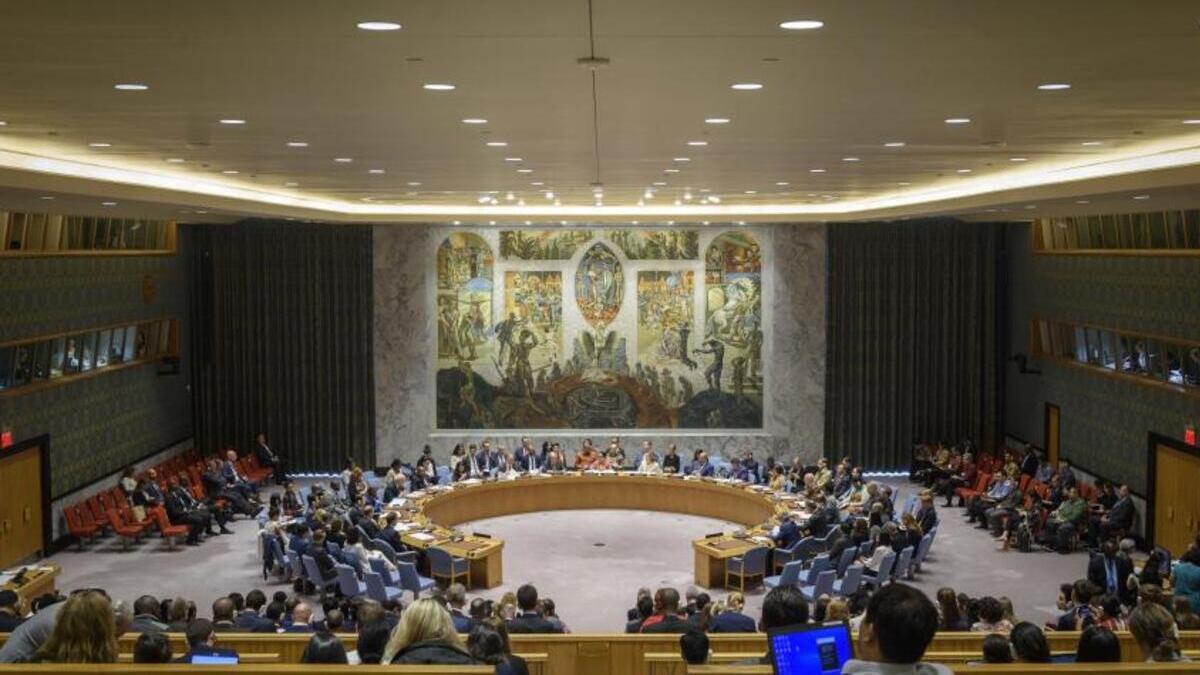
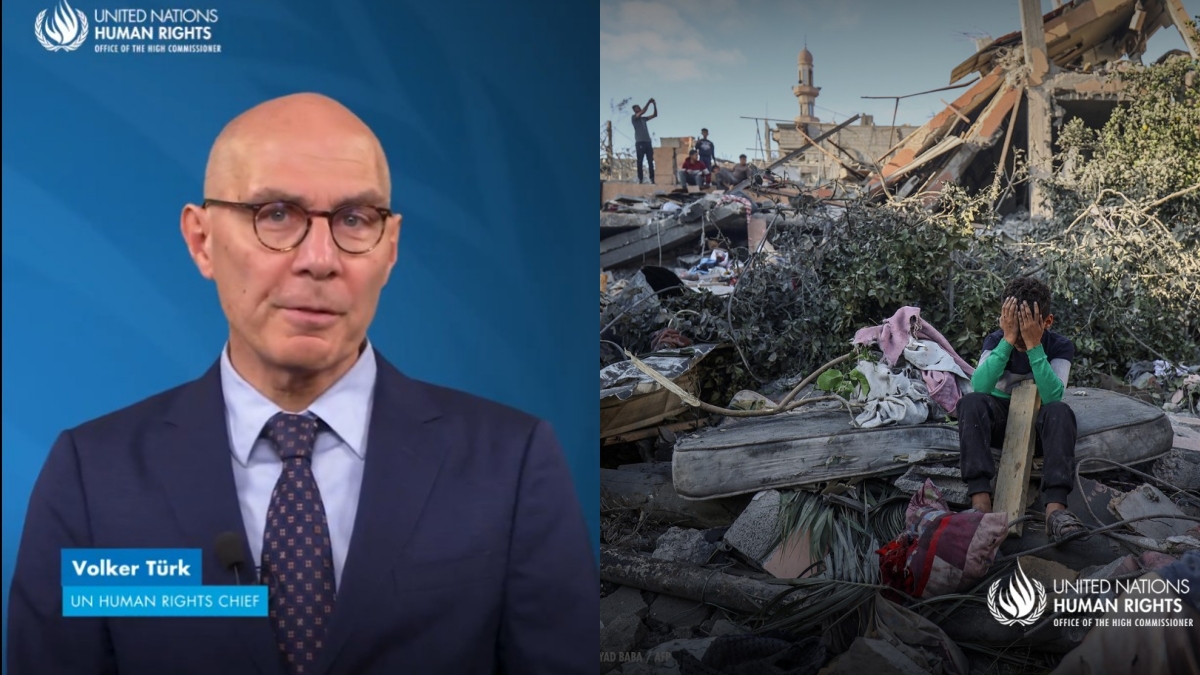

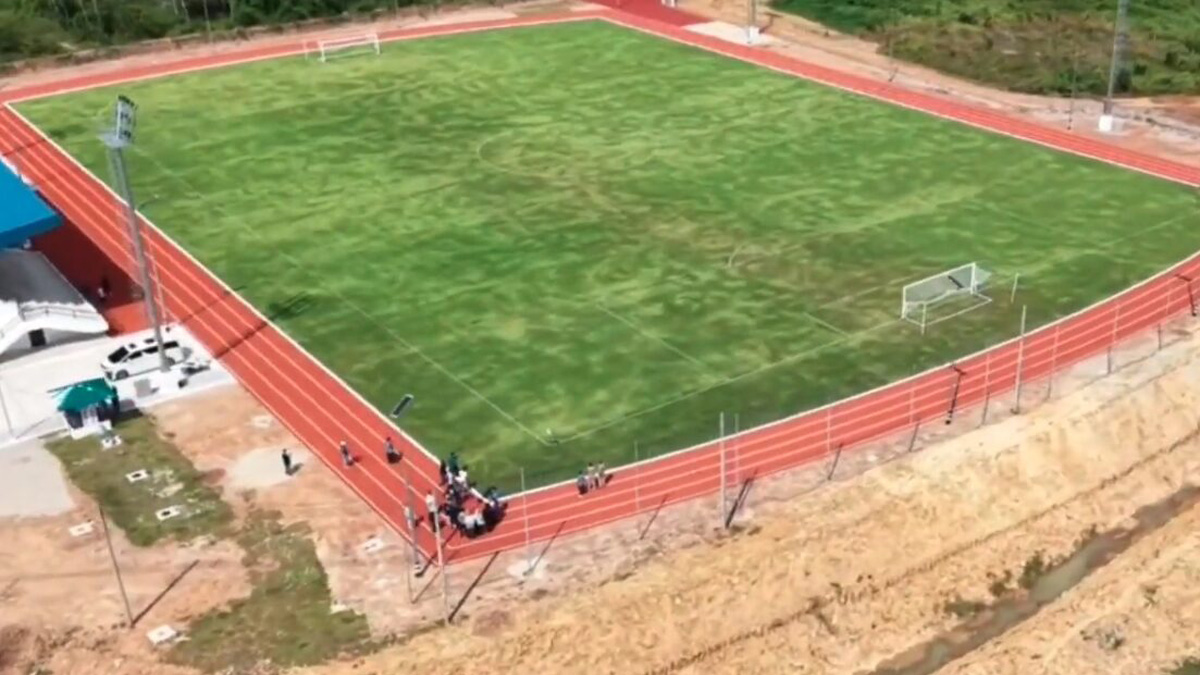
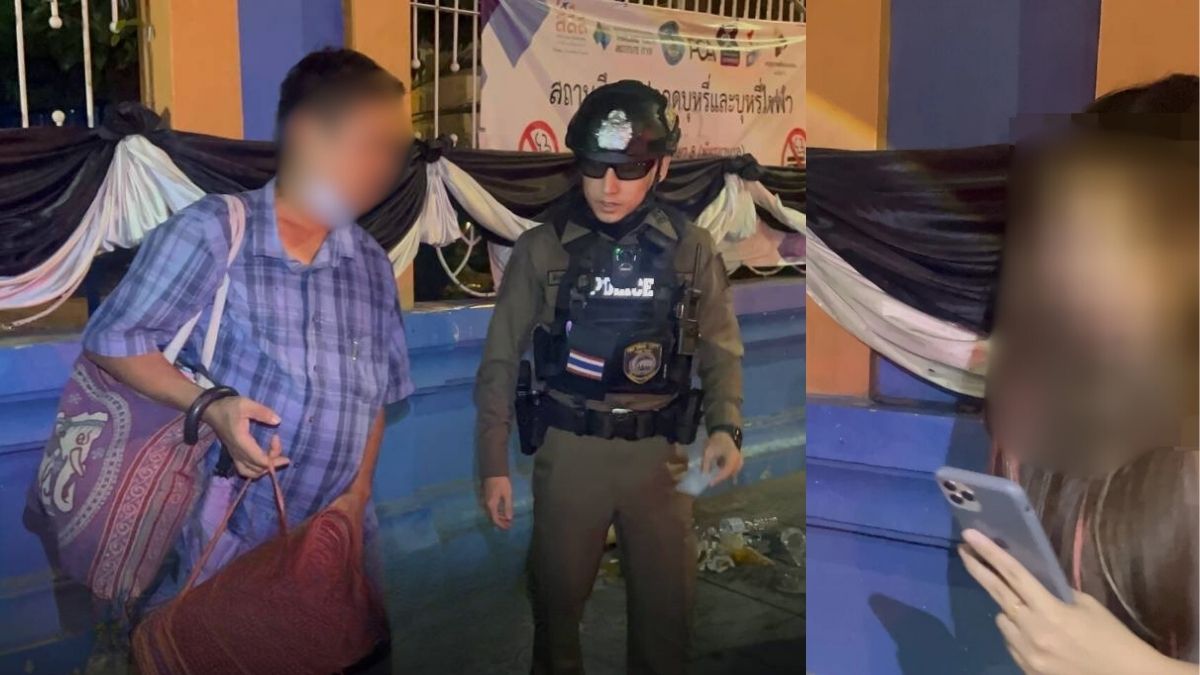
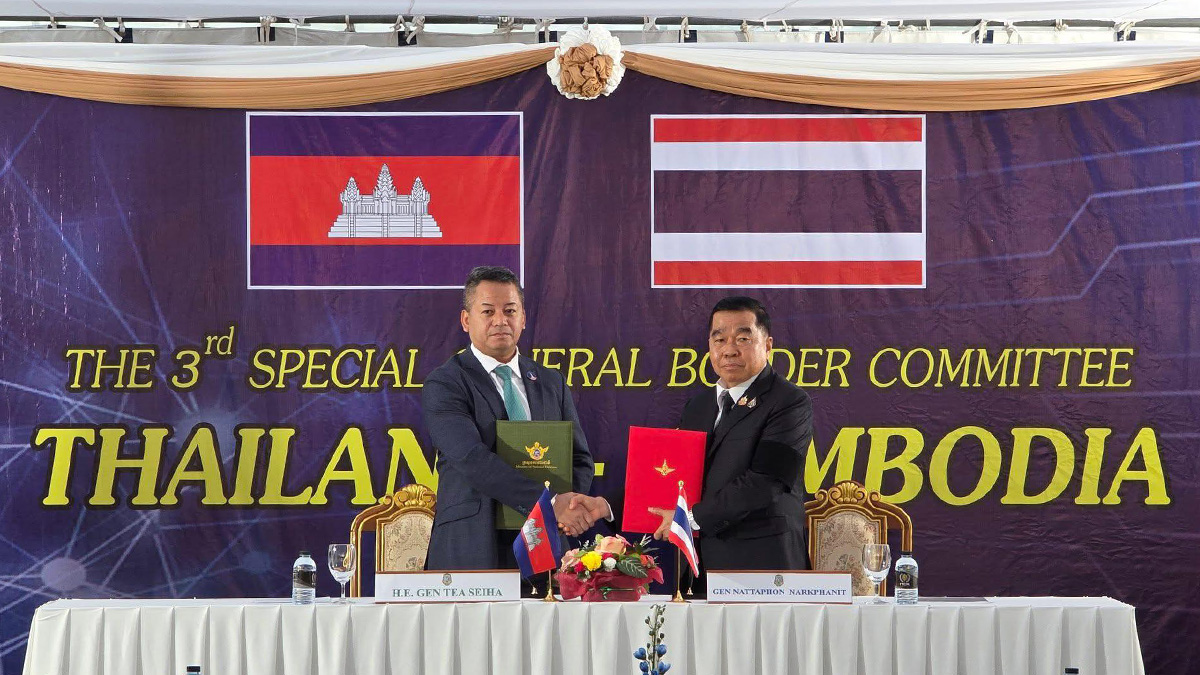
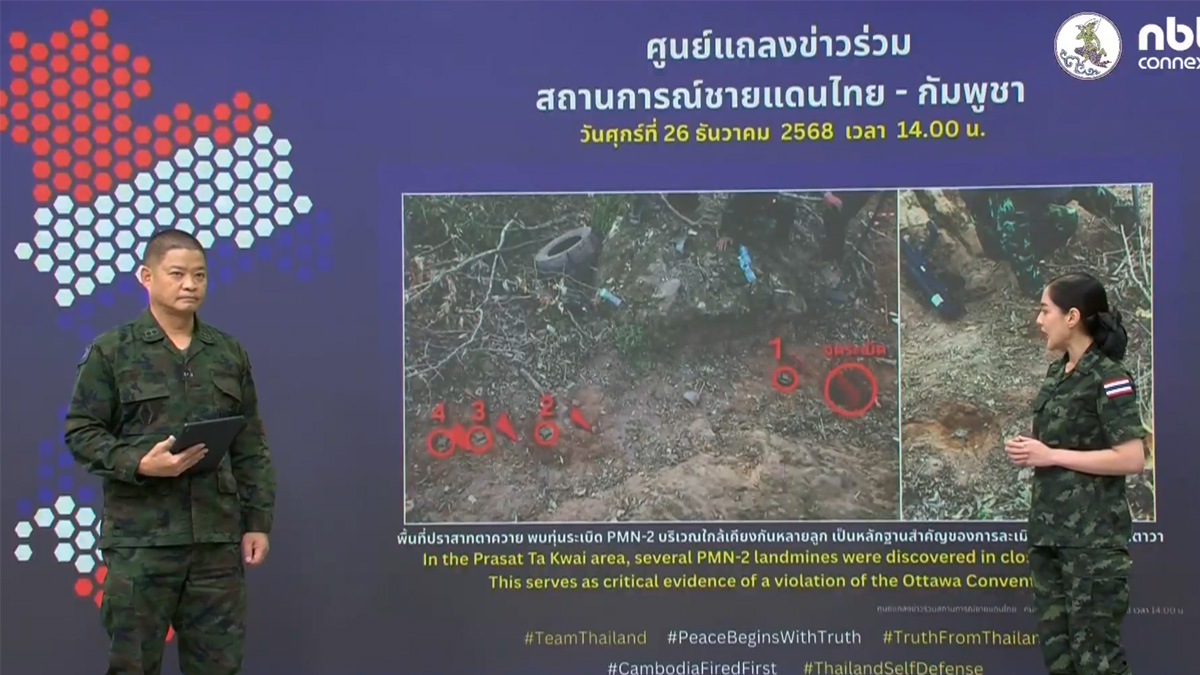
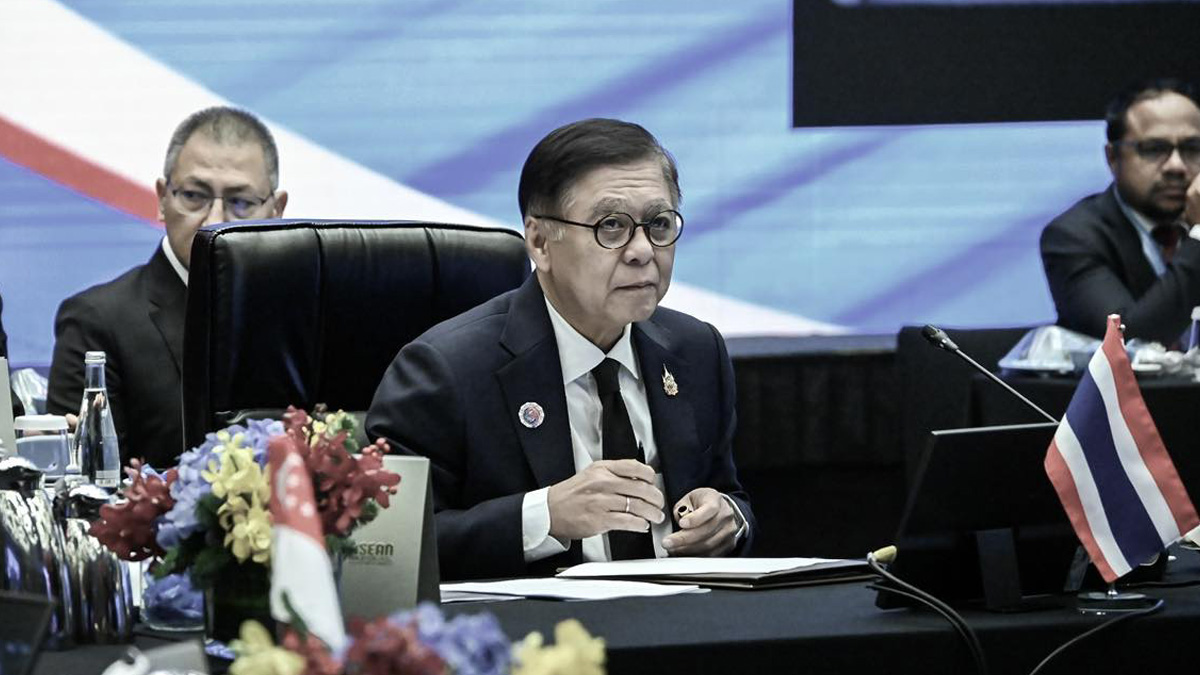
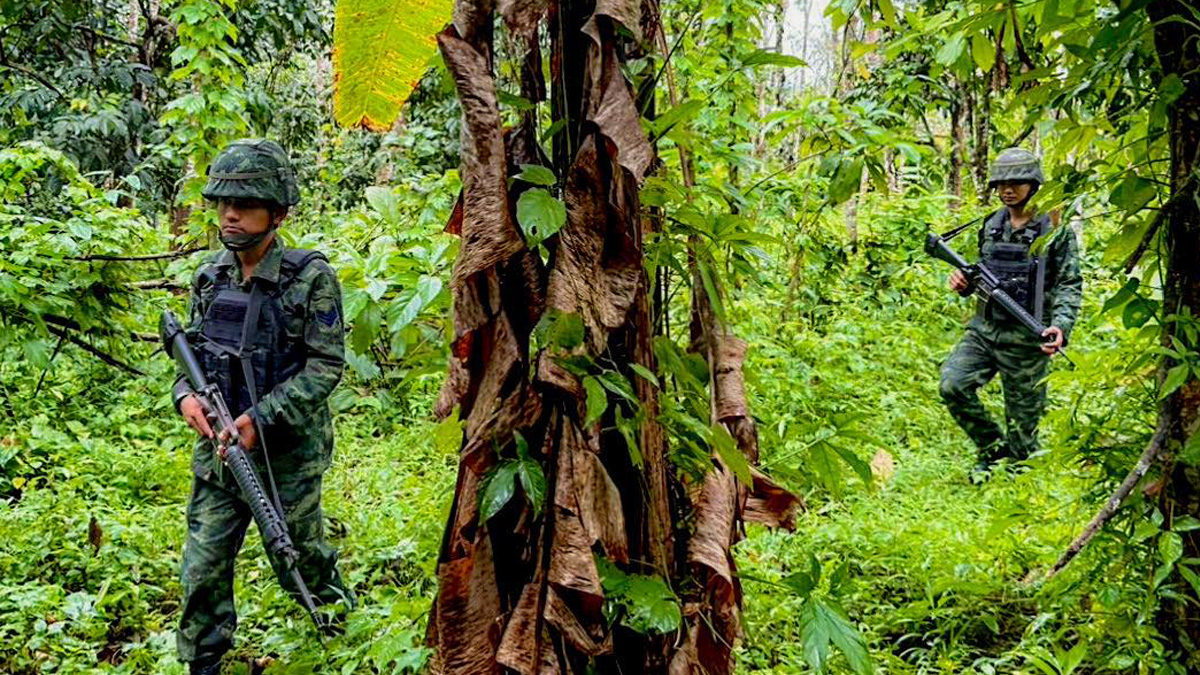
0 Comments